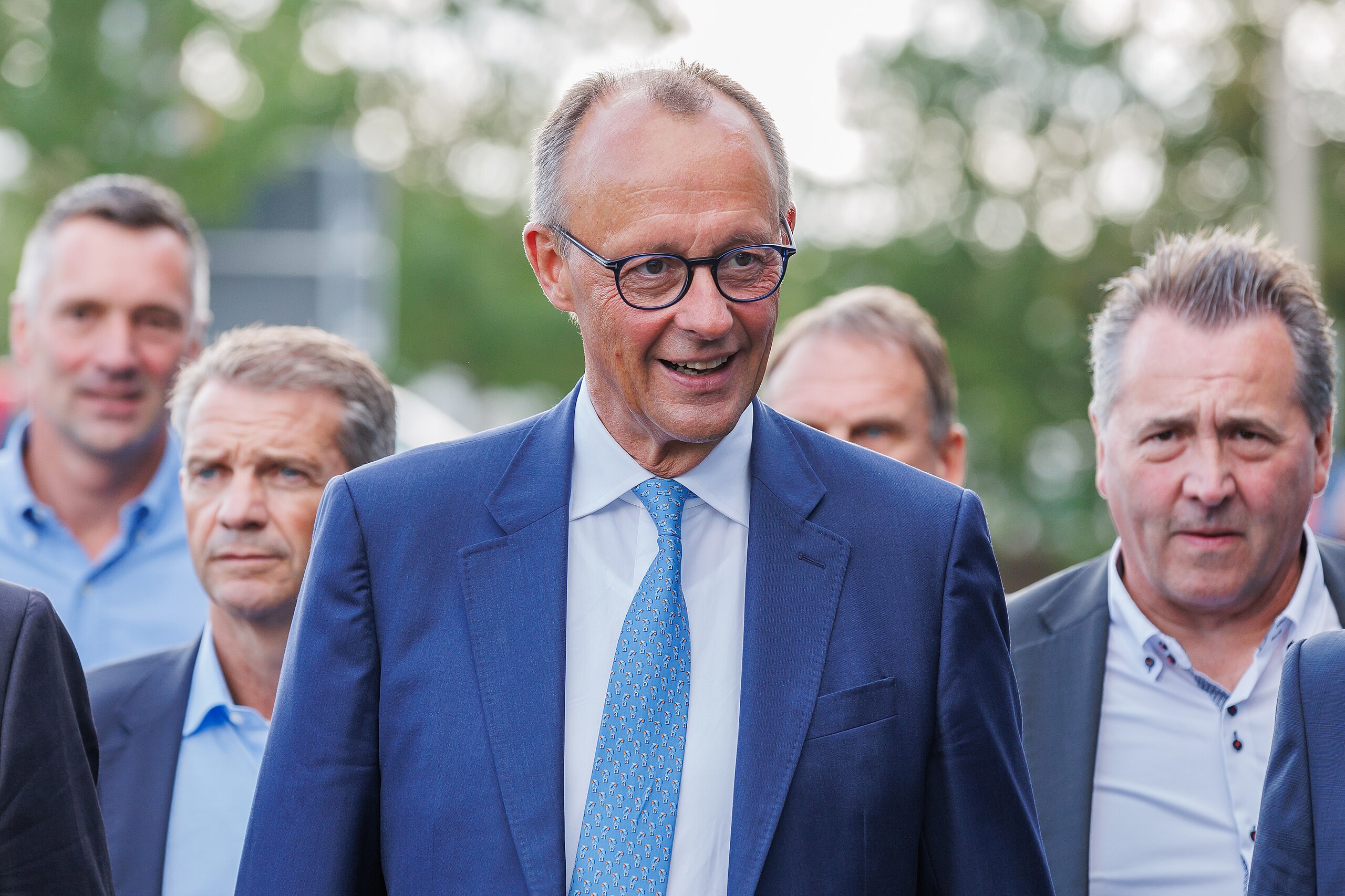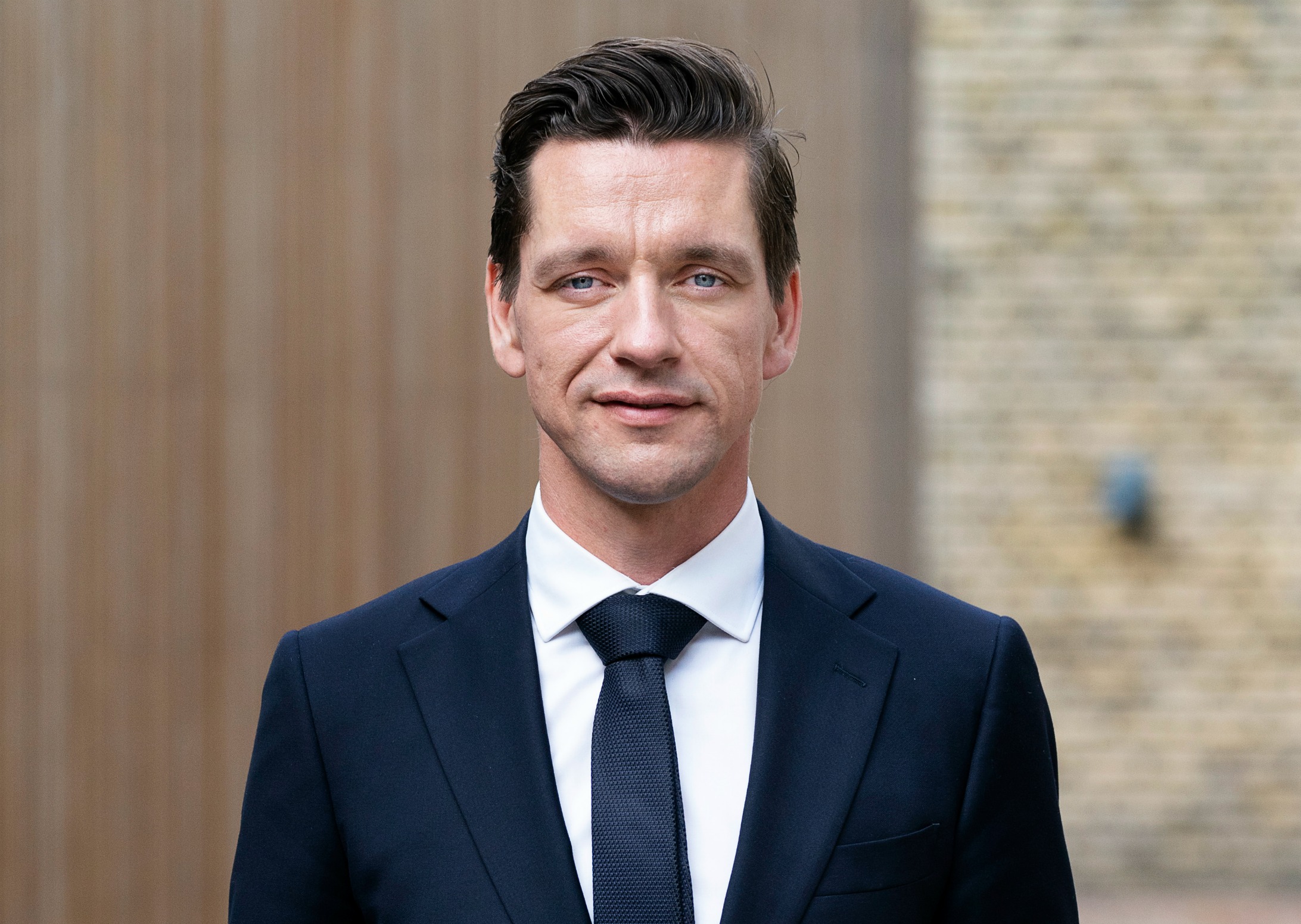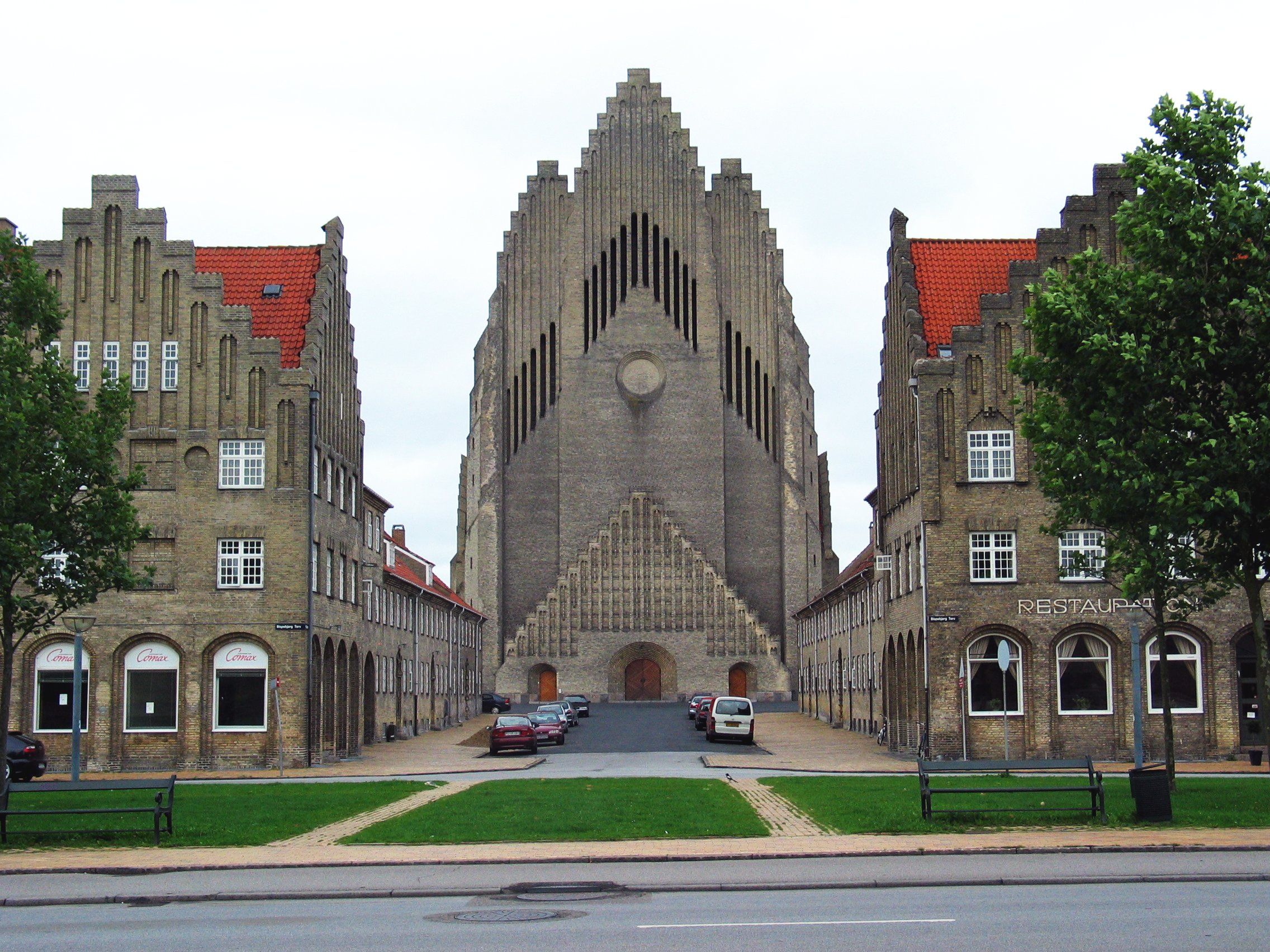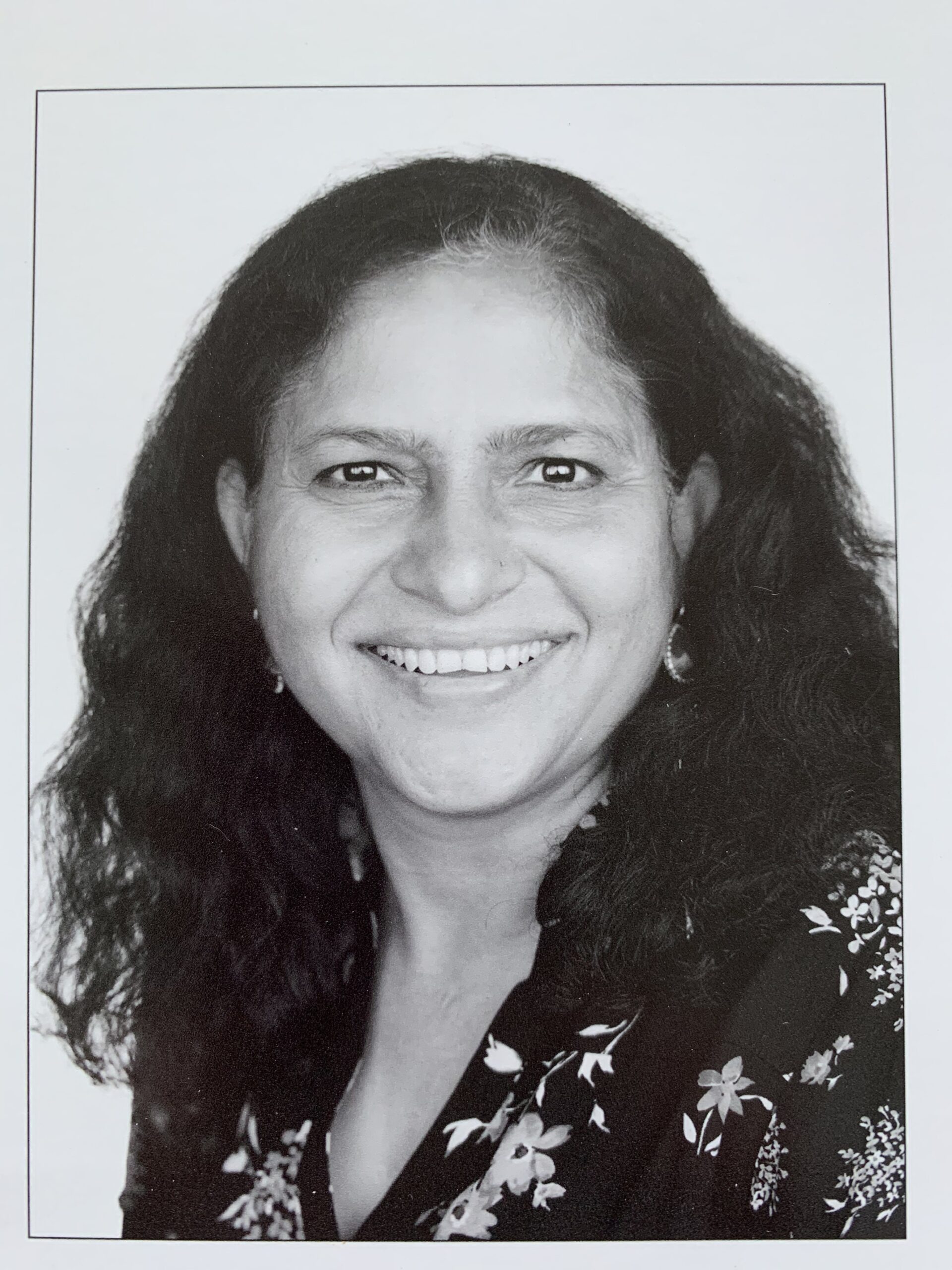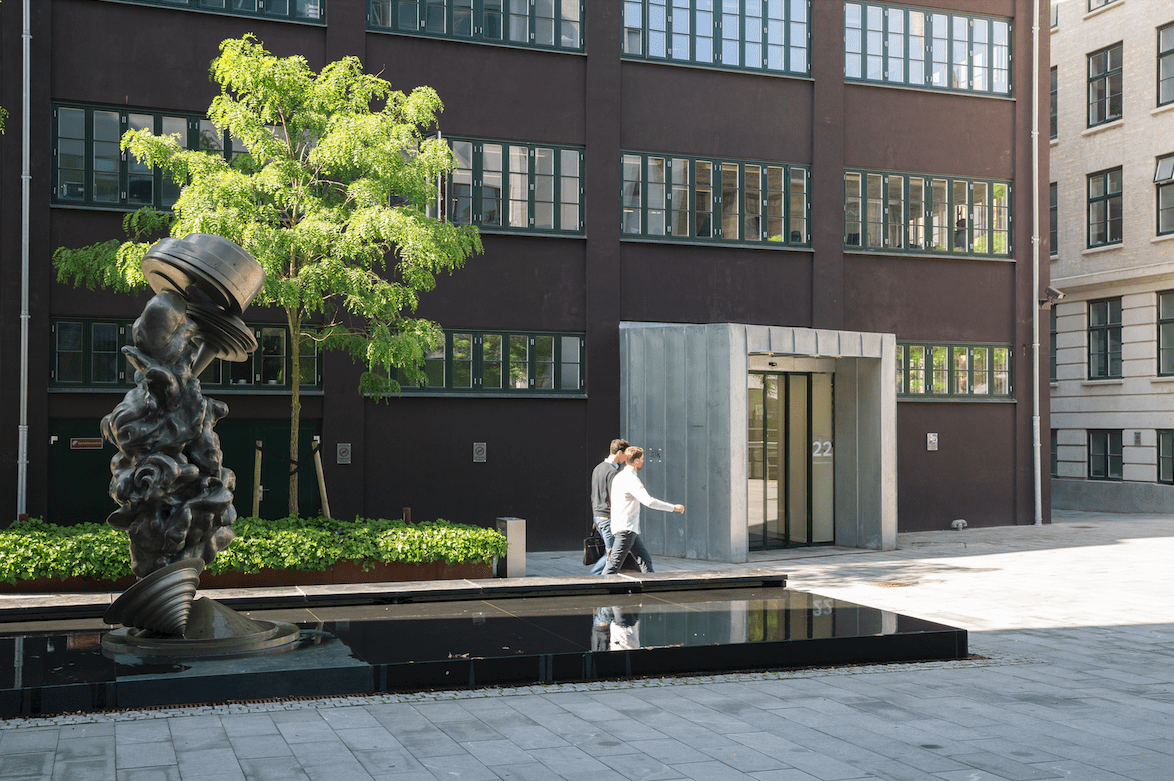The quarterly child allowance payments that all mothers receive from the government – regardless of their income – can help defray the costs of nappies and daycare, but it is also a remnant of an old-fashioned mindset, a majority of MPs say.
According to Jyllands-Posten newspaper, MPs from across the political spectrum would like to see the rules changed so that parents themselves can determine how the quarterly payment, commonly known as the børnecheck, should be paid out.
As the rules currently stand, parents can request that their local council change the way the subsidy is paid, but Enhedslisten’s Johanne Schmidt-Nielsen told Jyllands-Posten that the bureaucratic burden shouldn’t be placed on the parents.
“When one has a child, there are already a bunch of papers to fill out, and I can’t see that it would add to the bureaucracy to ask the parents if they would like the børnecheck paid to the father, the mother or to a joint account,” Schmidt-Nielsen said. “It should be up to the parents, and therefore the rules should be changed.”
Schmidt-Nielsen added that the current set-up is “a relic from the olden days”.
On the other side of the political spectrum, Dansk Folkeparti equality spokesperson Pia Adelsteen agreed that the set-up should be changed, telling Jyllands-Posten that she never understood why “I get the børnecheck while my husband gets the bill from the daycare”.
Adelsteen argued that the payment should come in the name of both parents.
Government coalition partners Socialdemokraterne (S) and Radikale (R) also expressed support for changing the current law.
“If we want true equality – where the father takes paternity leave, and the mother has equal access to the job market – then we need to look at those areas in which the father is pushed to the side,” S equality spokesperson Rasmus Horn Langhoff told Jyllands-Posten.
“Most [parents] have joint custody, but the børnecheck and other information from the councils goes automatically to the mother,” R equality spokesperson Sofie Carsten Nielsen told Jyllands-Posten. “This helps to maintain an outdated notion of family.”
Earlier this year, the then-tax minister, Socialistisk Folkeparti’s (SF) Thor Möger Pedersen, said in parliament that it would be “clearly most appropriate to adjust the payment rules to reflect more modern family structures” but said that there were administrative hurdles to making changes.
Langhoff plans to ask Pedersen’s replacement, Holger K Nielsen (SF) to look into changing the rules.
The børnecheck is paid to all mothers on a quarterly basis, with the amount varying based on the age of her children (see below). There are no income limits on who receives the payment.
Earlier this year, the government parties said they would be willing to discuss the idea of eliminating the payment for high-income families. No specific proposals were made at that time, but SF spokesperson Jesper Petersen said that with Denmark facing financial difficulties, eliminating the børnecheck should be one of the options considered.
Factfile | Børnecheck amounts
-
Child aged 0-2: 4,266 kr per quarter
-
Child aged 3-6: 3375 kr per quarter
-
Child aged 7-14: 2658 kr per quarter
-
Child aged 15-17: 886 kr per month


